In recent years, Serbia has been increasingly focusing on sustainable waste management practices, particularly in the realm of waste-to-energy (WtE). Two key elements of this transformation are Solid Recovered Fuel (SRF) and Refuse-Derived Fuel (RDF), which are gaining traction in the Serbian market. These fuels represent a significant step towards more environmentally friendly energy production and waste reduction.
Understanding SRF and RDF
SRF and RDF are fuels produced from various types of waste materials. While SRF is made from non-hazardous materials sorted to meet specific criteria, RDF can include a broader range of waste. Both are engineered to have high calorific value and are used in facilities like cement kilns, power plants, and industrial boilers.
The Serbian SRF and RDF Market
– Current Landscape: Serbia’s SRF and RDF market is still in a developmental stage but is poised for growth. The increasing need for sustainable waste management solutions and the country’s EU accession aspirations are driving this market.
– Government Initiatives: The Serbian government, in alignment with EU waste management directives, is actively promoting the use of SRF and RDF. Policies are being formulated to support the production and utilization of these fuels, including incentives for WtE projects.
Production and Technology
– Facilities and Technology: The production of SRF and RDF in Serbia is centered around modern processing facilities equipped with cutting-edge technology. These facilities sort, process, and treat waste to produce high-quality fuel, adhering to environmental standards.
– Challenges in Production: One of the main challenges is the need for advanced waste sorting and processing infrastructure. Additionally, ensuring a consistent supply of suitable waste materials to produce these fuels is crucial.
Market Potential and Economic Impact
– Growing Demand: There’s a growing demand for SRF and RDF in Serbia, especially from the cement industry, which uses these fuels as an alternative to traditional fossil fuels. This demand is expected to rise as more industries seek sustainable and cost-effective energy sources.
– Economic Benefits: The SRF and RDF market holds significant economic potential. It can lead to cost savings for industries, create new job opportunities, and stimulate the development of related sectors like waste management and recycling.
Environmental Benefits
– Reduced Landfill Usage: By converting waste into SRF and RDF, Serbia can significantly reduce its reliance on landfills. This is crucial in minimizing environmental pollution and greenhouse gas emissions.
– Lower Carbon Emissions: Utilizing SRF and RDF in place of fossil fuels leads to lower carbon emissions, aligning with Serbia’s commitment to reduce its carbon footprint and combat climate change.
Future Prospects and Development
– Expansion and Investment: The Serbian market for SRF and RDF is expected to expand, with more investments flowing into waste processing technology and infrastructure.
– International Collaboration: Serbia is increasingly collaborating with international experts and organizations to enhance its SRF and RDF capabilities, ensuring adherence to global standards and practices.
Challenges and the Way Forward
Herran Innovations ( www.herran.rs) is developing tailor made wte projects for industrial clients from energy intensive industries. WTE and energy efficiency and energy optimization innovation projects are being developed for heavy industry users like cement and steel plants, In partnership with Owners Engineer Clarion Partners ( www.owners.engineer) and energy division Clarion Energy ( www.clarion.energy)
The development of the SRF and RDF market in Serbia is not without challenges. Issues like public perception, regulatory hurdles, and initial investment costs need to be addressed. However, the future looks promising as the government and private sectors are showing a commitment to overcome these challenges and harness the full potential of SRF and RDF in the WtE sector.
Serbia’s foray into the SRF and RDF market marks an important milestone in its journey towards sustainable energy and waste management. By capitalizing on these fuels, the country is not only addressing its waste management issues but also setting a precedent in the region for environmental stewardship and innovation.
